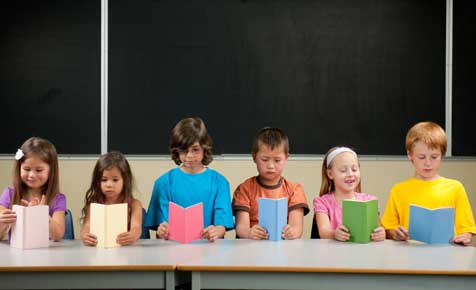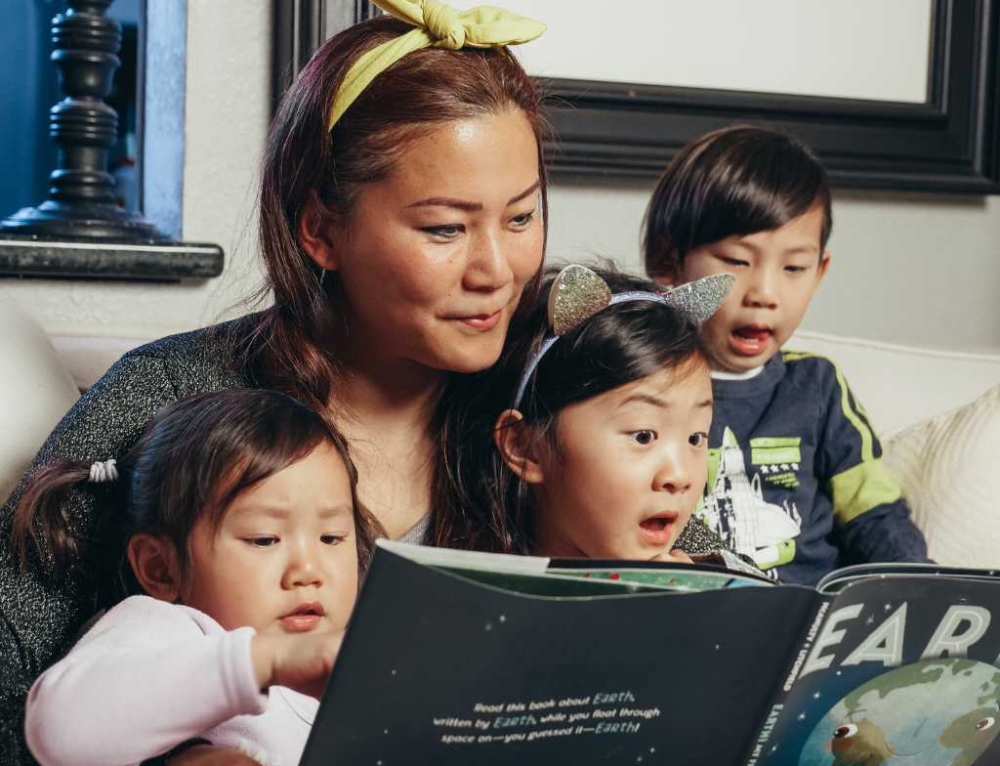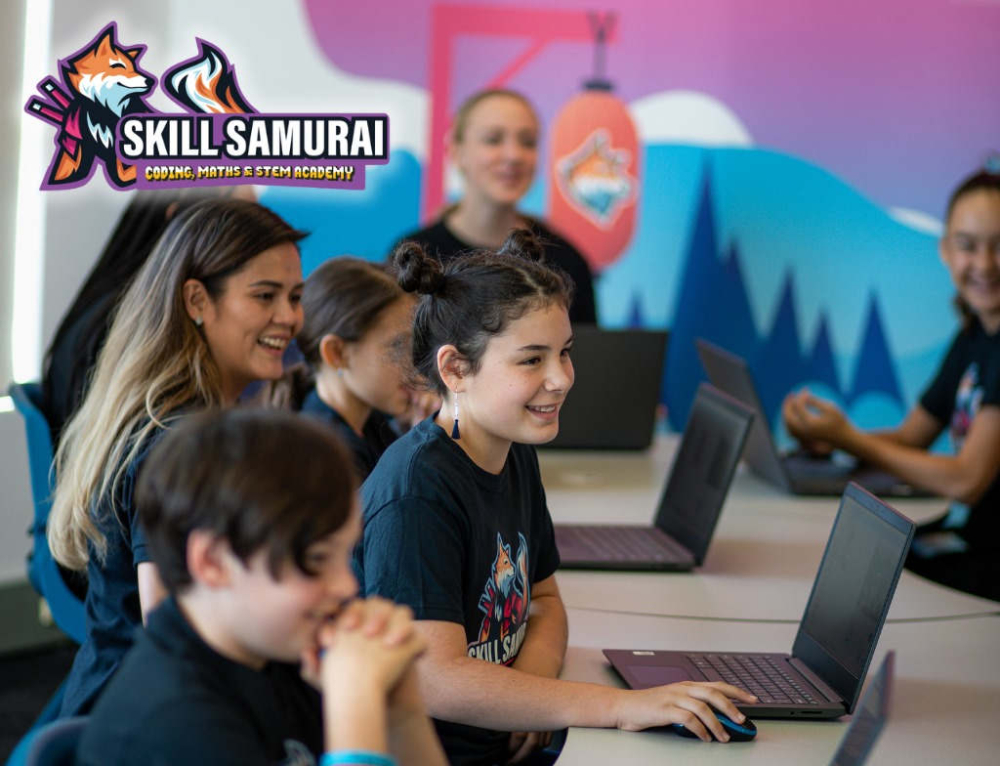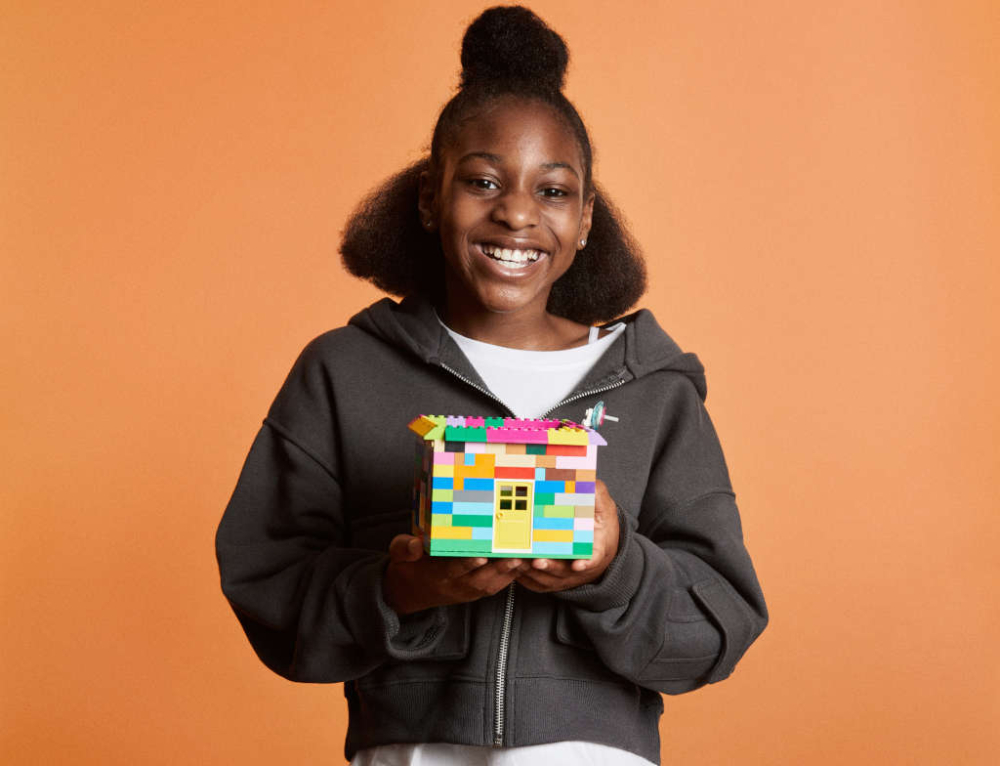Reading for children at this developmental stage is focused on reading for multiple viewpoints. This is also a developmental stage during which reading is often replaced by alternate activities and interests. Motivation and engagement are key factors for children becoming and remaining capable confident readers. During this stage parents need to continue to support their child’s development of reading habits.
The main areas of development are Vocabulary, Comprehension and Reading Processes.
Vocabulary Knowledge
Children of this age are able to draw on their knowledge of word origins to work out the meaning of unknown or new words. They use these new words for familiar concepts such as blissful for happy.
Comprehension
- 11-12 year old children develop opinions through inference skills
Older primary kids are able to justify their personal interpretations and can re-examine a text or section of text for evidence to support their opinion or argument. - 11-12 year olds can compare how texts are presented
11-12 year olds are able to read and compare different texts such as multi modal form, imaginative, informative or persuasive, and understand how this format alters the way ideas are presented - 11-12 year olds can comprehend layered text
Children are able to identify multiple purposes within a text. As texts become increasingly complex they often contain more than one purpose. - 11-12 year olds can apply their knowledge of visual literacy
Kids can apply their visial literacy to evaluate how written information that is read differs to the meaning shaped by visual images on the same topic. - 11-12 year olds can understand how others can read texts
Children at this developmental stage understand how a person’s personal experience – as the audience – can alter their understanding and inference of the text. They can also interpret a text to create an accurate, unbiased summary which represents alternate perspectives on a central idea for example the discussion genre.
Reading Processes
- Children at this age are reading for a sustained period of time (more than 30 minutes) using effectively numerous strategies for maintaining meaning of what they have read.
- Children read more demanding texts that have an increased level of technical terms and abstract concepts.
- They are increasingly independent in their reading and viewing of a wide range of literal, factual and multi modal texts.
- Children at this stage should also be capable of confidently engaging with a wide range of authentic texts for example newspapers, TV documentaries, letters and websites.
Tips for parents
- Prioritise reading in your house and encourage them to continue reading and choosing texts which interest them.
- Link their interest in technology and multi modal texts to written texts by checking out online book reviews, author’s websites or reading forums.
- Help your child choose the correct text for them. Continue to expose them to a wide range of genres pitched at the appropriate level of difficulty.
- Focus on engagement. Use humour when dealing with a reluctant reader. The book “The Day my Bum went Psycho” by Andy Griffiths is a fantastic story about rebel bums who attempt to overthrow the world. For readers in this age group, particularly boys, the topic of bums is irresistible.
- Continue to read aloud to your kids and have them read aloud to you – they are never too old to share a book with you.
Important
Engaged readers seek to understand; they enjoy learning and the believe in their reading abilities (Guthrie, 2001). As parents we should all be aiming to raise engaged readers.
This article was written by Michelle Barrington for Kidspot, New Zealand’s leading education resource for parents. Michelle is a teacher and mother and blogs at Gee, You’re Brave.







Leave A Comment
You must be logged in to post a comment.